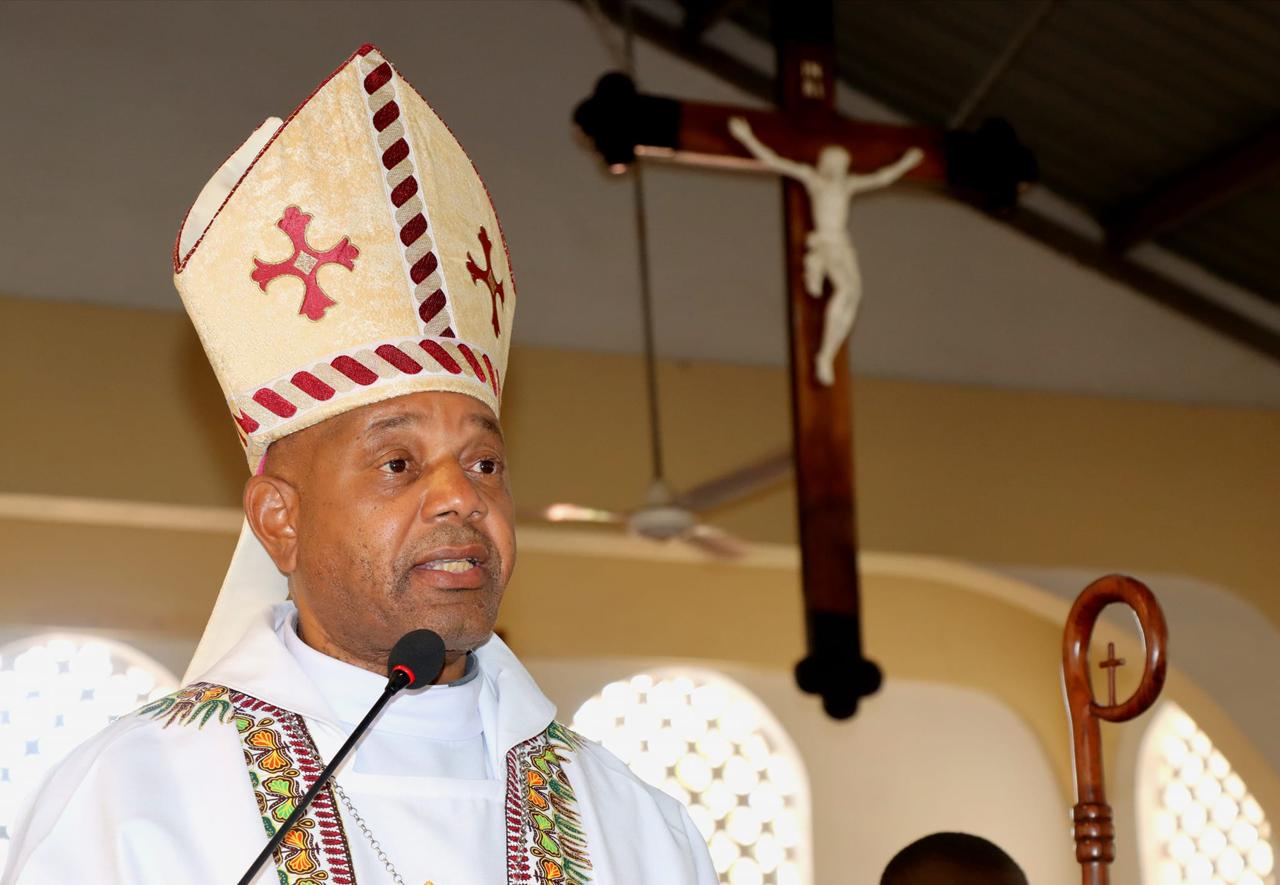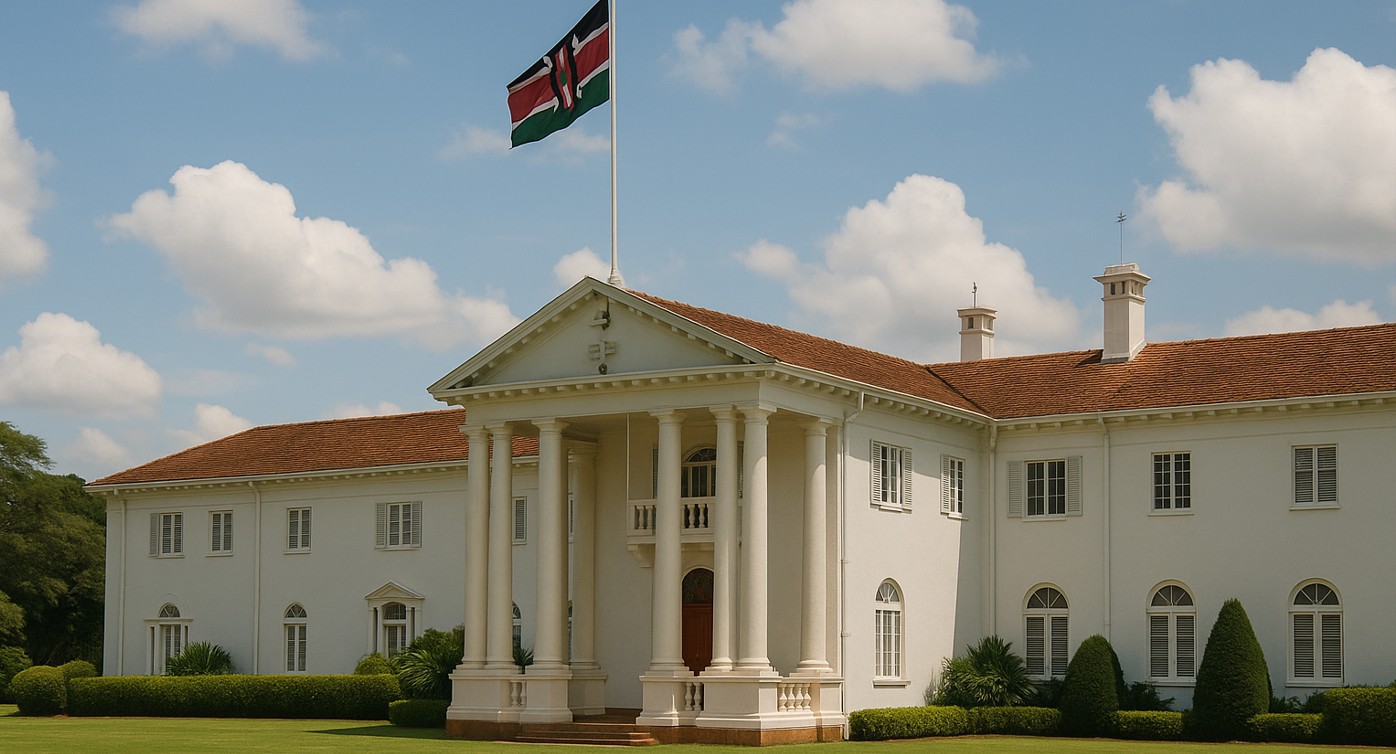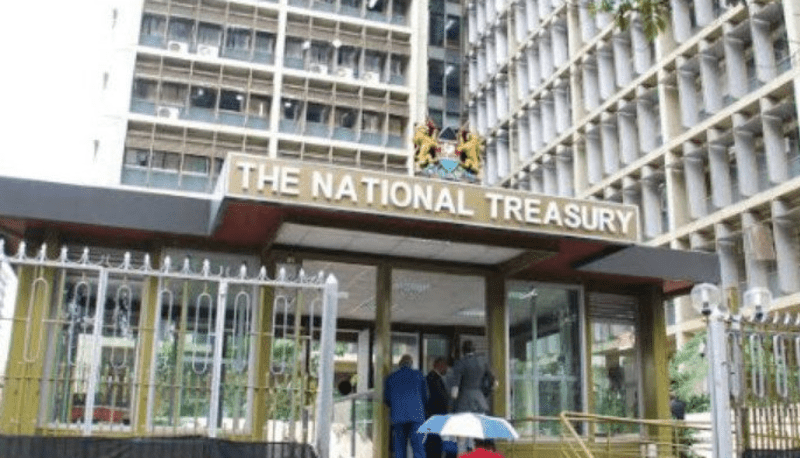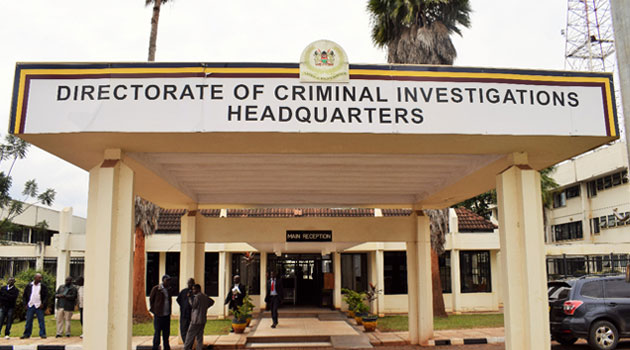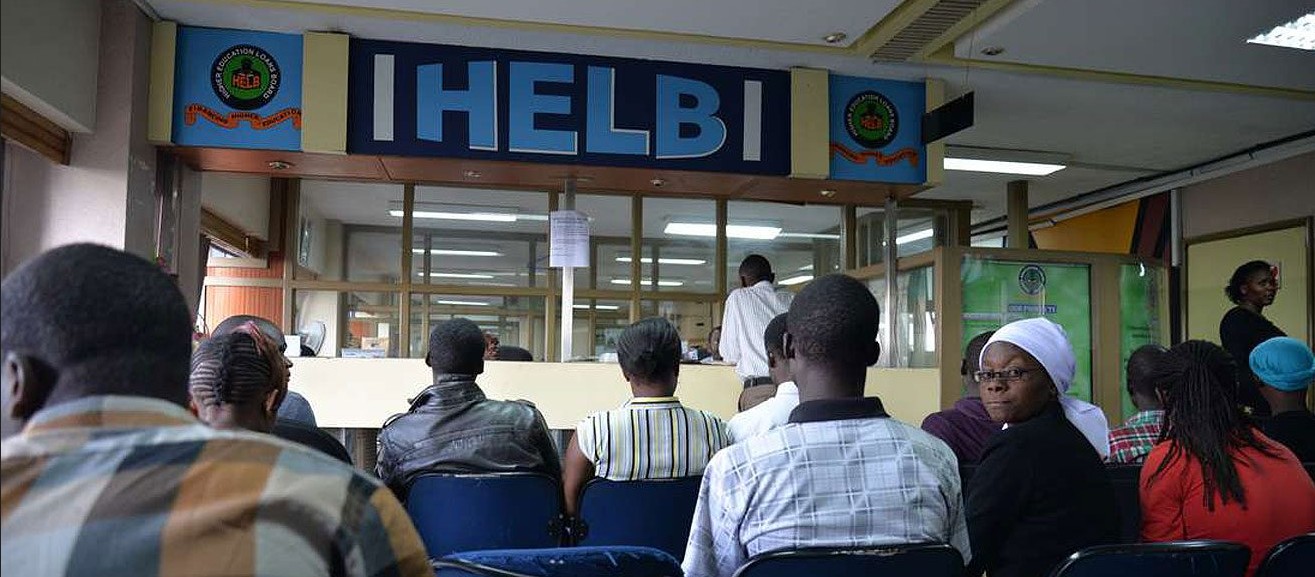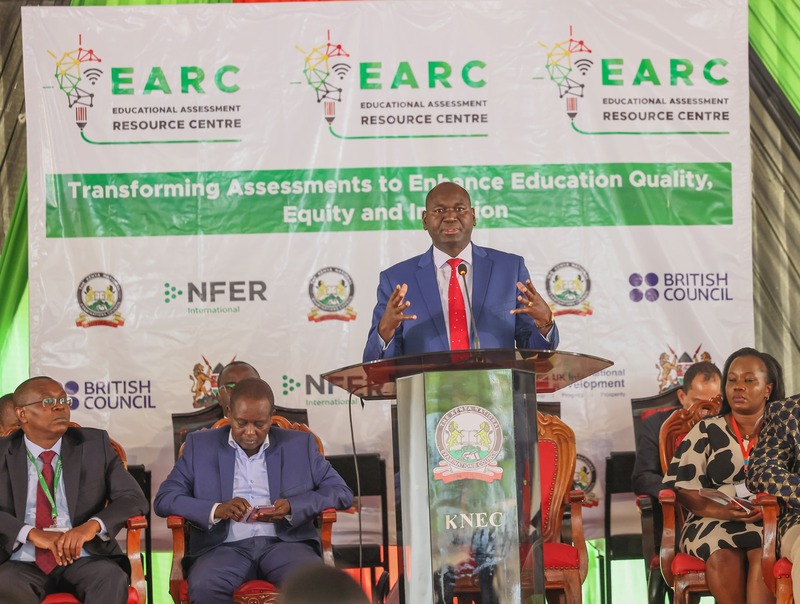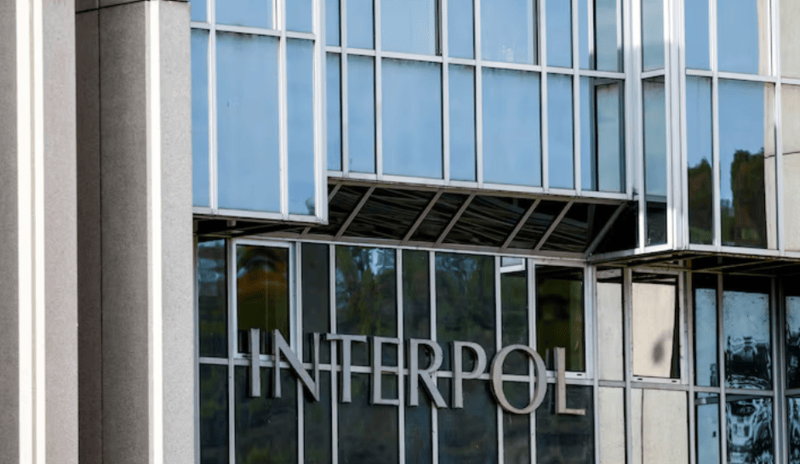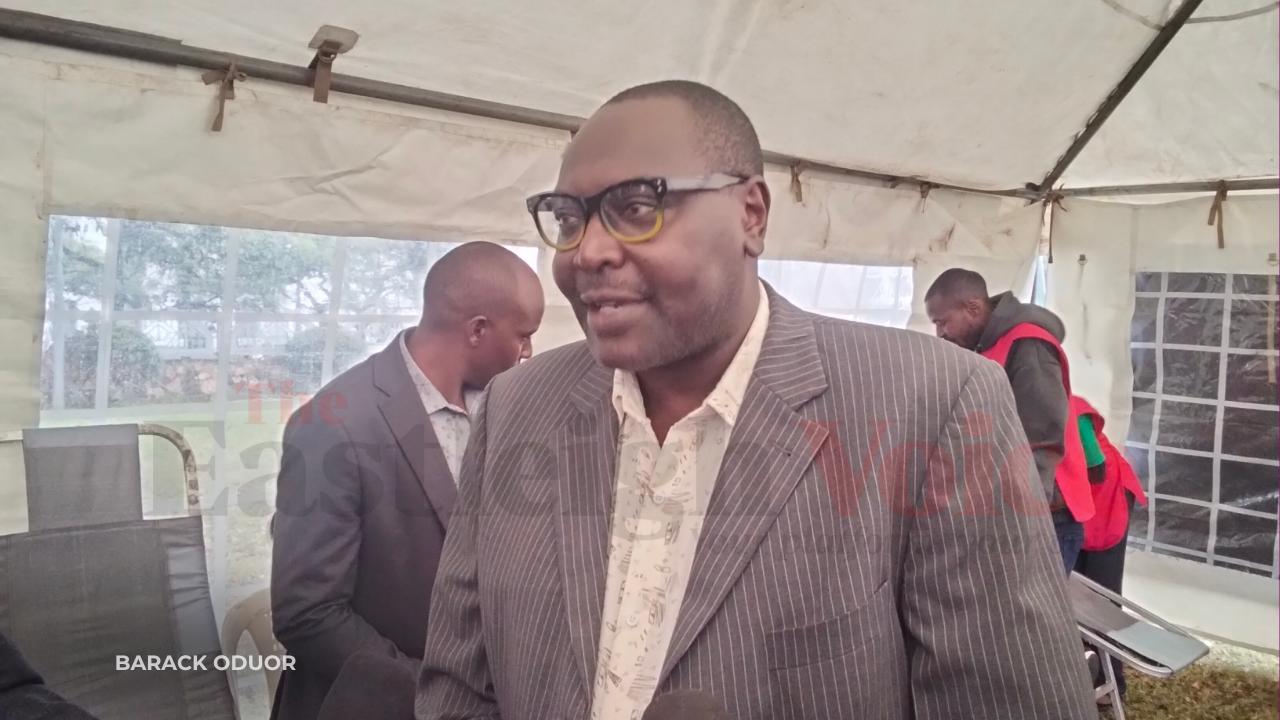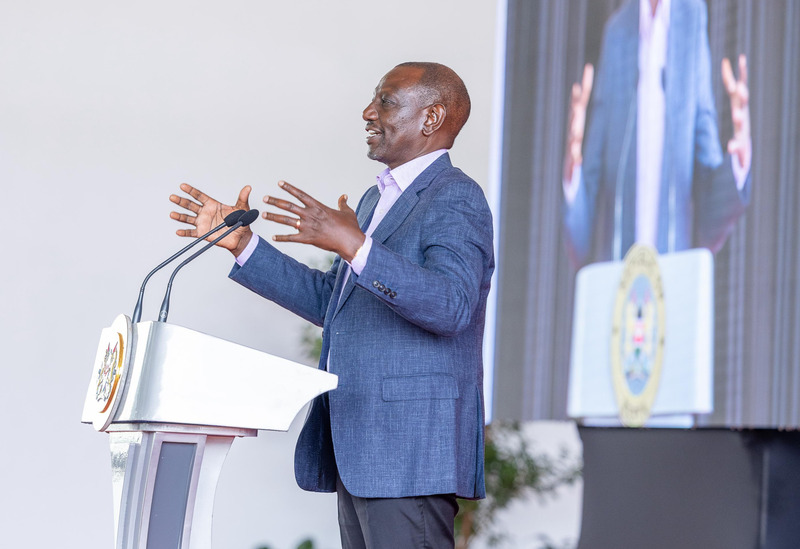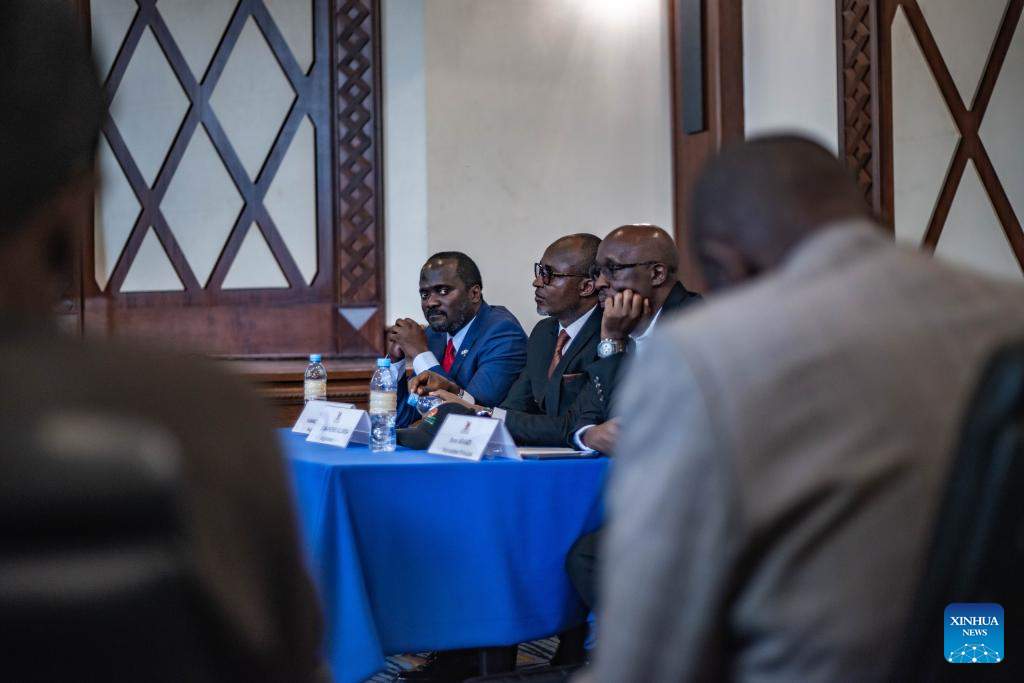High Court upholds orders blocking transfer of public seal from Attorney General’s office

The rationale for making the Attorney General the custodian of the public seal was to ensure prior approval in key public decisions, to prevent its improper use.
The High Court has upheld conservatory orders blocking the transfer of the public seal from the office of the Attorney General, ruling that the orders will remain in force until the case is fully heard and determined.
Justice Chacha Mwita also directed all parties involved in the ongoing constitutional case to comply with earlier directives on filing responses and submissions.
More To Read
- Ex-CJ David Maraga rubbishes 'Ruto project' tag, denies eying AG role
- Police reforms group defends blogger Ndiang'ui Kinyagia, blames DCI for forcing him into hiding
- Court bars police from arresting blogger Ndiang’ui Kinyagia after court appearance
- Missing blogger Ndiang'ui Kinyagia appears in court
- High Court rejects contempt bid against Ruto over IEBC appointments, cites due process
- High Court declares Small Claims decisions rendered after 60 days as null and void
The case, which challenges the legality and constitutionality of transferring the public seal from the office of the Attorney General to the Head of Public Service under the Office of the President, will be mentioned on October 27 to confirm compliance with the court's procedural orders.
Justice Mwita emphasised that the interim orders blocking the transfer, first issued earlier this year, are still in force and must be observed by all parties.
The judge underscored the significance of the dispute, stating that the contested transfer, initiated via Executive Order No. 2 of 2023, raises "fundamental constitutional and legal matters of great public importance" that demand full judicial scrutiny before any further administrative steps can be taken.
In June, a human rights lobby group sued the Head of Public Service Felix Koskey and the Attorney General over the public seal.
Katiba Institute argues that the seal was illegally moved from the AG to Koskei's hands through an executive order.
It claims that Executive Order No. 2 of 2023 remains operational despite its clear violation of the Constitution and the separation of powers.
Katiba Institute said President William Ruto bypassed Parliament through an executive order, effectively usurping the powers of the Attorney General and undermining Parliament's legislative authority.
"Parliament rejected a proposal to legalise the action through legislation," says Katiba Institute.
The lobby group adds that the transfer of the seal from the office of the Attorney General to the Office of the President effectively centralises the power to approve and seal important national agreements without the Attorney General's approval.
"Further, it removes the need for the Attorney General to give legal advice and approval before executive actions are made legally binding on all state organs"
The court heard that the seal, which is fixed on critical documents, agreements and treaties to give them legality, is a symbol of the government's authority.
The lobby group said once affixed with the public seal, documents gain legal authority and are binding on all organs of the state.
The rationale for making the Attorney General the custodian of the public seal was to ensure prior approval in key public decisions, to prevent its improper use.
Top Stories Today

